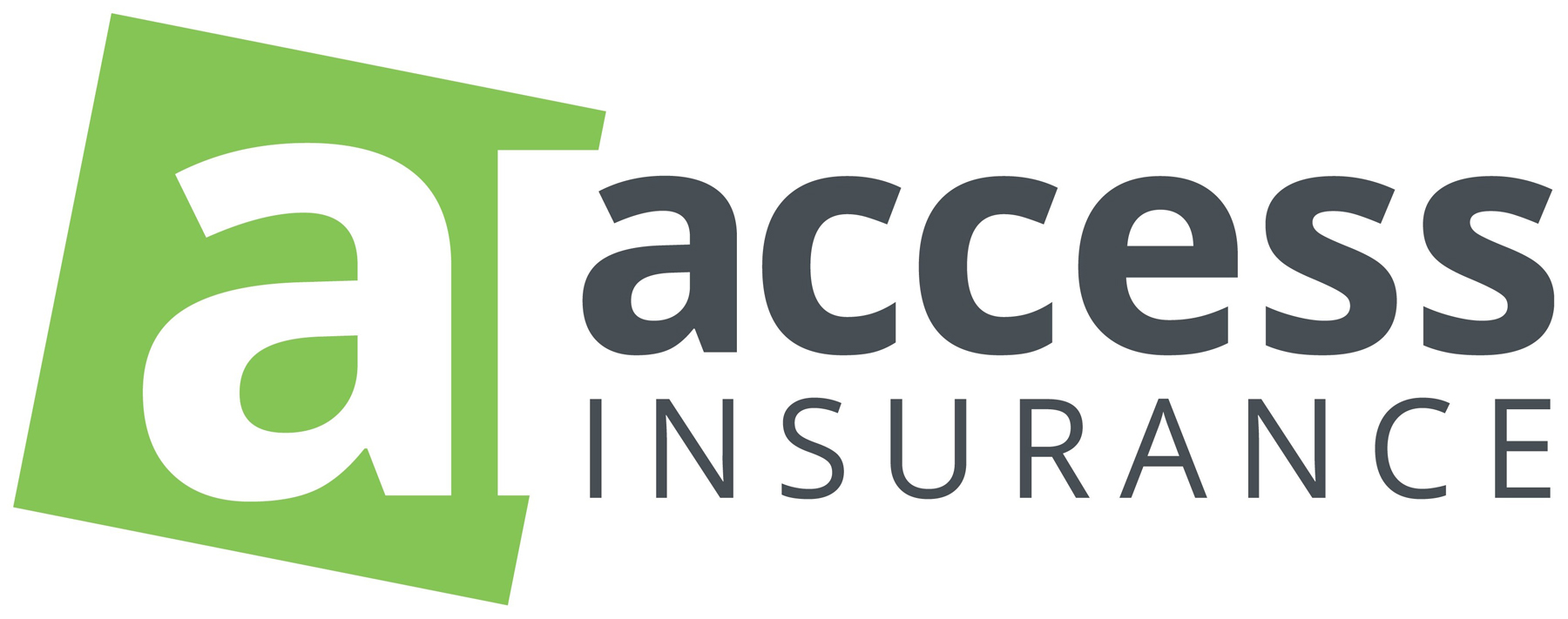Why effective local infrastructure is about more than just funding
February 18, 2025
.png)
It’s no surprise that funding plays a role in shaping what local infrastructure organisations (LIOs) are able to do - but it’s not the full picture. New research from the Centre for Regional Economic and Social Research at Sheffield Hallam University highlights the complex conditions that influence an LIO’s effectiveness and sustainability.
Funding matters - but so do expectations
Sustainable funding enables LIOs to remain independent, collaborate effectively, and avoid competing with the organisations they exist to support. However, financial pressures (exacerbated by austerity, COVID-19 recovery, and short-term funding models) create challenges. Poor commissioning and grant-making approaches, such as short-term projects and inadequate cost recovery, make it harder for LIOs to plan strategically and deliver long-term impact.
At the same time, expectations of LIOs are high. External stakeholders often recognise how much LIOs achieve with small teams, but this ‘doing more with less’ culture can make it difficult to prioritise, set boundaries, and meet the diverse needs of the sector.
Collaboration, not competition
Effective local infrastructure relies on strong relationships, not just with the voluntary sector and statutory partners as explored in our previous blog, but between LIOs themselves. Where multiple infrastructure organisations operate in the same area, relationships need to be supportive and collaborative, to positively shape each LIO’s ability to deliver.
LIOs also have to navigate tensions that may also arise with large, local VCSE organisations. While these organisations play a vital role in service delivery, they may have their own independent voice with statutory authorities, sometimes overlapping with the advocacy work of LIOs.
A clear vision and strong leadership
An LIO’s effectiveness isn’t just about resources - it’s about leadership, relationships, governance, and strategy. A well-defined mission helps organisations prioritise their work, focus on what they do best, and communicate their role effectively. Strong leadership, backed by engaged governance, provides the direction and resilience needed to navigate challenges.
Looking ahead
Funding will always be a key factor, but the strength of relationships, leadership, and long-term strategy matter just as much. By balancing financial sustainability with clear priorities and strong partnerships, LIOs can continue to play their vital role in supporting communities.



